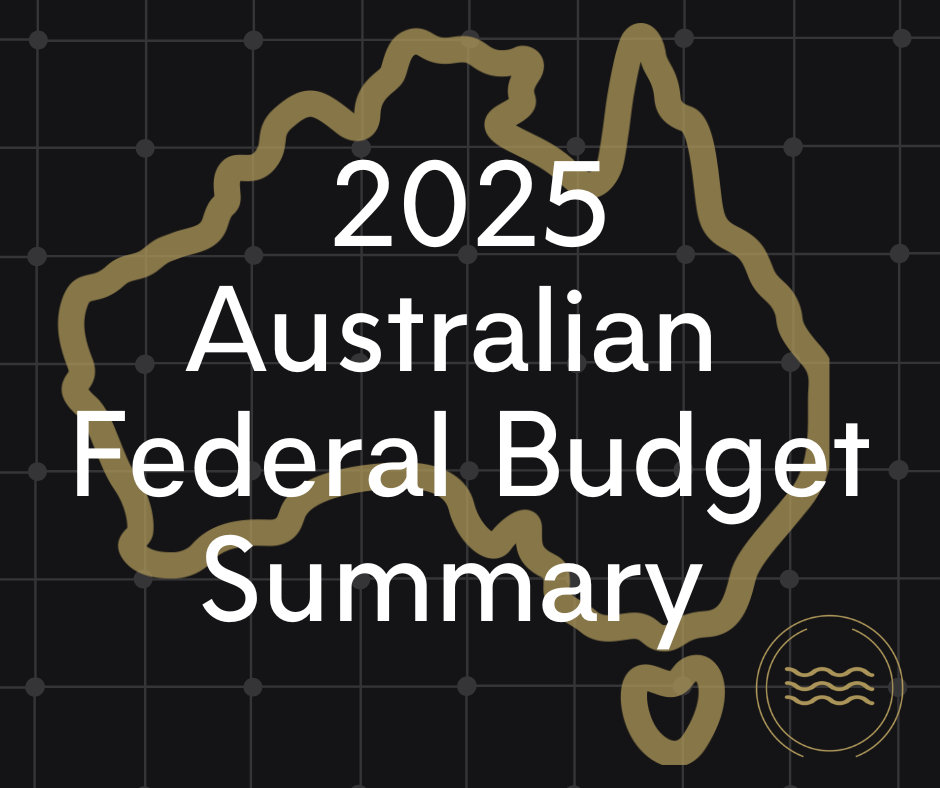
Corporate Entity: Indian Tax Residence Rules
The tax residential status in India of a corporate entity that the individuals collaborate to form is different from such individual owners. The Indian tax residence rules for corporate entities have been under scrutiny and amendments have expanded its scope.
Under Indian tax code, a corporate entity includes a company formed and registered under the Companies Act, 2013, company formed under corporate laws of another country, or an institution, association or body declared by general or special order of the Indian tax department i.e. Central Board of Direct Tax (CBDT).
The residential status of a corporate entity directly affects basis and rate of tax. Generally, a nonresident corporate entity is taxable at the rate of 40% and resident company at the rate of 30% (which varies based on the turnover of the entity).
A corporate entity is an Indian tax resident if it is formed and registered under the Companies Act, 2013, or its place of effective management (POEM) is in India at any time during the current tax year. Broadly, POEM means the place where key management and commercial decisions necessary for the business as a whole, are in substance made. The CBDT has also issued guiding principles for determining POEM of a foreign company in 2017.
Our whitepaper titled Interaction of Indian and U.S. Tax Laws discusses how often directors, shareholders, or partners who reside out of India, but continuing to exercise control and management with no physical presence in India, results in corporate entity being an Indian tax resident and taxed in India. It further highlights the difference in the base tax rates, for example, a foreign corporate entity considered as a nonresident is taxable at a base tax rate of 40%%compared to a resident corporate entity with base starting tax rate of 25%.
Under Indian tax law, foreign entities having a “business connection” in India are taxable in India. The term is defined to include agency relationship where the agent habitually plays a principal role leading to the conclusion of contracts. This recent amendment to the definition reflects the definition adopted for the Multilateral Instruments (MLI) the G-20 and Organization for Economic Co-operation (OECD) lead Base Erosion Profit Shifting (BEPS) initiative to include digitized business environment. This growing physical presence vs. significant economic presence test will impact the determination of permanent establishment as countries like the U.S. have not adopted it.




